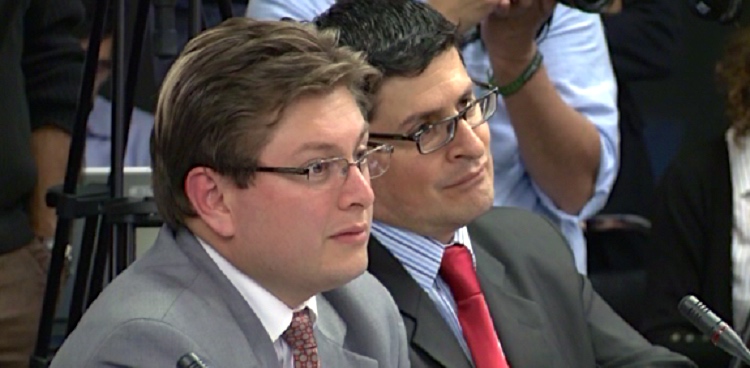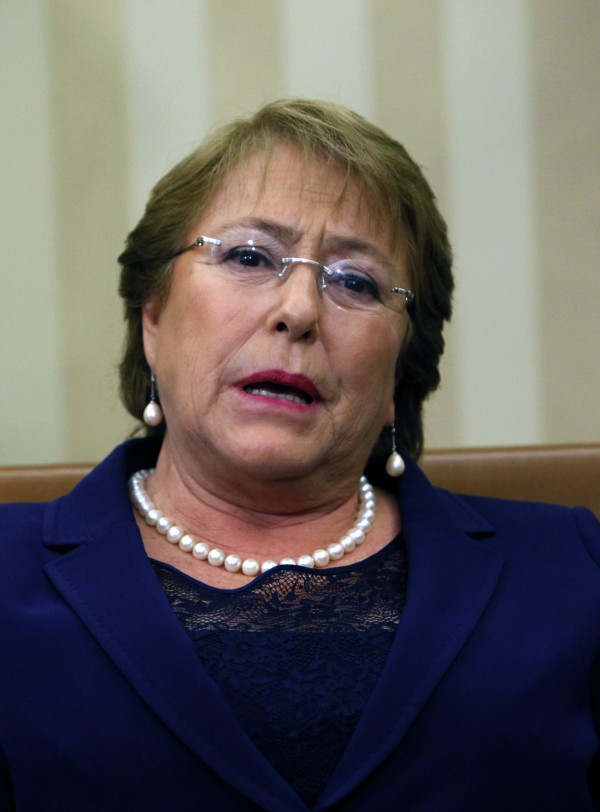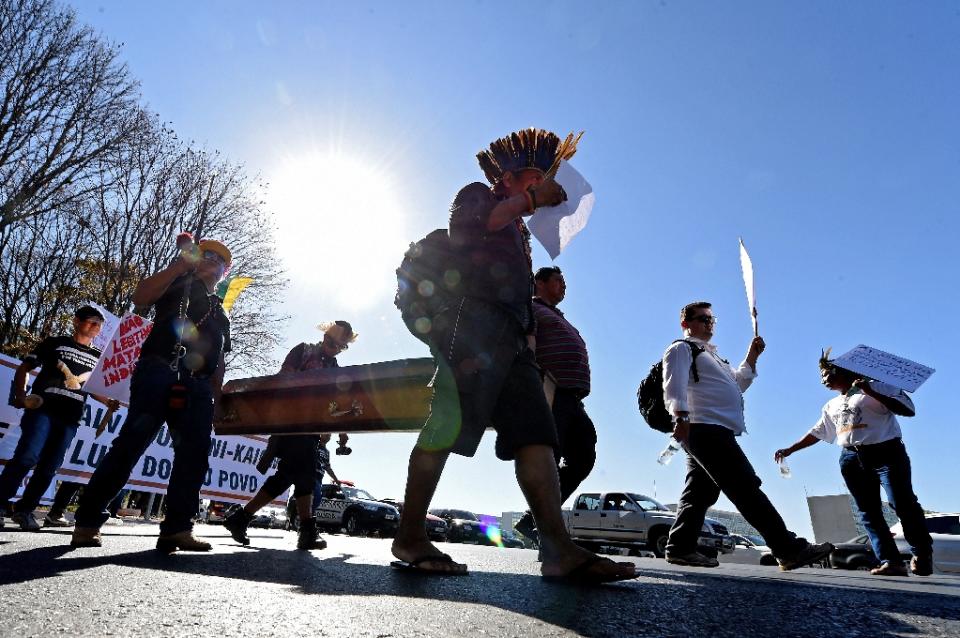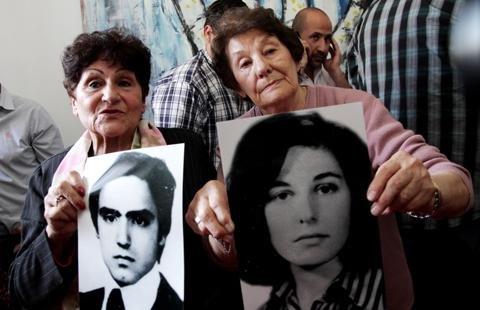By Kaitlyn Degnan
Impunity Watch Reporter, South America
QUITO, Ecuador — The Ecuadorian government has passed a resolution which would initiate the legal procedures to dissolve the NGO, Fundamedios. The organization, which monitors and defends freedom of the press, has been critical of Correra and his government.

Fundamedios, or the Andean Foundation for the Observation and Study of the Media, was founded in 2007. Ecuador’s National Communications Secretariat (Secom) informed the organization that the dissolution was due to engagement in “partisan political activities.”
Secom cited two tweets including links to political blogs as the rationale behind the dissolution, saying that the organization had violated a statute which prohibited the organization from engaging in political activities.
Funamedios’ Executive Director César Ricuarte called the allegations “absurd,” saying: “it seems that for Secom political journalism equals to partisan politics.”
The Freedom House program director for Latin America and the Caribbean, Carlos Ponce, has also called the charges “politically motivated and glaring examples of the government’s lack of respect for freedom of speech.”
Other international observers, including the United States State Department, the Committee to Protect Journalists and Human Rights Watch have expressed concern regarding the move.
Human Rights Watch said that the Ecuadorian government should “close the administrative process against Fundamedios and repeal those norms to comply with its obligation to protect the rights to freedom of expression and association.”
Fundamedios has had issues with the Ecuadorian government in the past. It went before the Inter-American Human Rights Commission to make a case against the government in 2011. The government refuted the claim, and has kept a close eye on Fundamedios ever since.
In January of 2014, Fundamedios received notice that Secom had taken over supervisory control of the organization, and also received a request for the organization’s financial information.
This past June, Secom ordered the organization to stop issuing alerts. At the time, Executive Director Ricuarte said that Fundamedios would “continue issuing alerts whether Secom likes them or not.”
President Correra is well known for his enmity towards the press. According to Fundamedios, there have been 1305 instances of aggression against freedom of expression since 2008.
Article 16 of the American Convention of Human Rights, to which Ecuador is a signatory, states that freedom of association “shall be subject only to such restrictions established by law as may be necessary in a democratic society, in the interest of national security, public safety or public order, or to protect public health or morals or the rights and freedoms of others.”
For more information, please see:
Organization of American States – American Convention on Human Rights – 22 November 1968
Guardian – NGO alert: Ecuadorian government orders press freedom group to disband – 9 September 2015
Human Rights Watch – Ecuador: Media Freedom Group Facing Shutdown – 9 September 2015
PanAm Post – Ecuadorian Regime to Dissolve Free-Speech Watchdog Fudamedios – 9 September 2015


